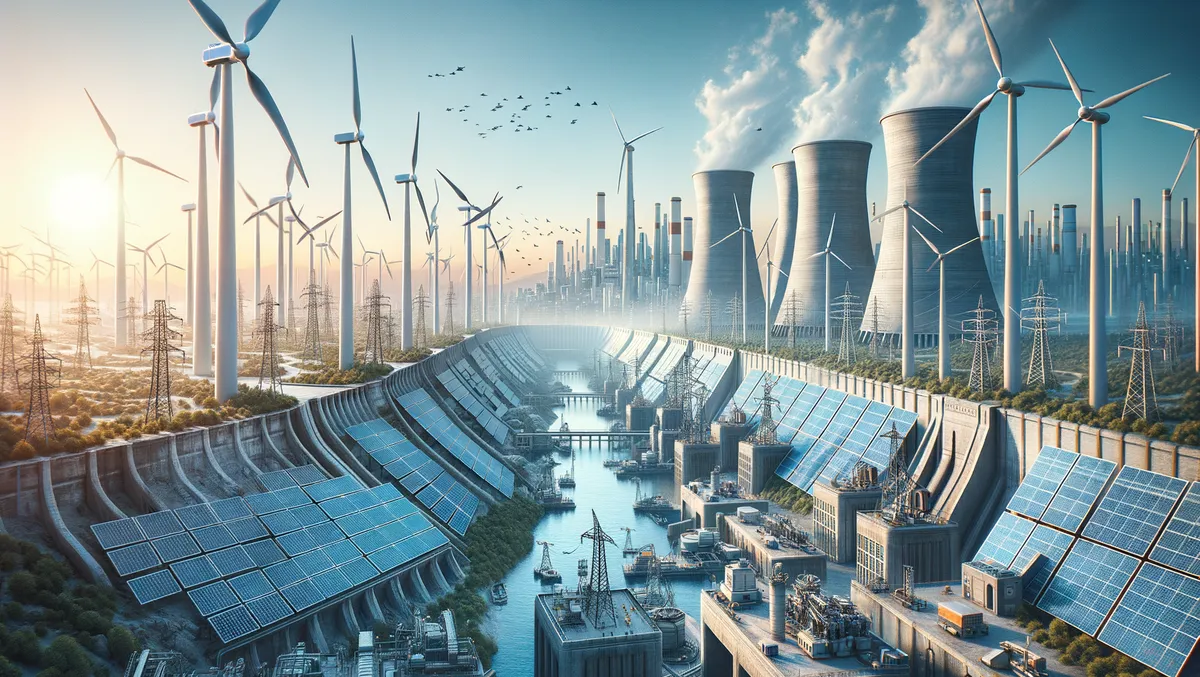
EY report highlights risks to renewable energy transition
The energy transition, a switch from fossil fuel energy sources to cleaner, renewable alternatives, is gaining momentum but could be derailed by complications and risks, a new report from EY has stated.
According to the study, titled 'If every energy transition is different, which course will accelerate yours?', the next decade will see several pivotal changes in the energy sector, impacted by facets such as technology advancement, commodity supply, consumer behaviours, and government policy.
The report, based on EY's modelling of these four key factors on 52 technologies, underscores the dynamic and diverse nature of the transformative processes in store.
The shift to renewables is taking place faster than initially expected, with EY predicting that, by 2038, green energy will dominate global electricity generation and create 62% of the power mix by mid-century. The pace still falls short of meeting the 1.5-degree Celsius global warming target, necessitating further acceleration.
The present decade will witness a peak in fossil fuel usage, but these carbon-based sources will continue to be part of global energy mix for an extended period due to hard-to-abate sectors.
Policies enhancing the attractiveness of low-carbon alternatives for investors are essential, the industry analysts state.
"Decarbonising a largely hydrocarbon-powered industrial sector is far more difficult, and our ability to tackle it will determine the ultimate success of the world's transition to clean energy," according to Serge Colle, EY Global Energy & Resources Leader.
For oil and gas to be maintained, decarbonisation is a must, EY finds. Each market will need to utilise a variety of accelerators to overcome the inertia of the status quo, maintain the pace of change, and achieve climate targets, Colle adds.
Approximated annual investments required by 2050 in low-carbon transition technologies and supporting energy infrastructure in this endeavour are projected to be US$4.1 trillion, four times the present rates.
"We're trying to rewire the global economy to meet an urgent environmental imperative and we can't risk delay," says Andy Brogan, EY-Parthenon Global Energy Leader. Current returns do not provide sufficient motivation for needed expenditure, resulting in challenges for energy and resources companies trying to secure and allocate capital.
Brogan emphasises the need to "release the handbrakes", ensure the economic fundamentals for decarbonisation are intact, and safeguard the provision of affordable energy to speed up the transition.
EYoffers strategy, transactions, transformation and technology solutions for clients across various industries and sectors.


